Recognizing Coyote Habitat
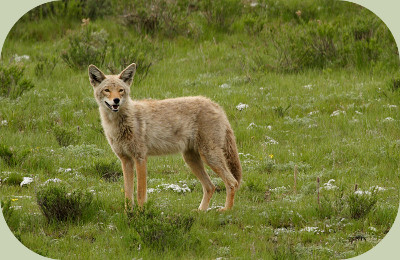
Knowing coyote habitat will help you to better understand the lives of coyotes. These charismatic canines are found across continent, from Alaska down to Costa Rica, from California to Nova Scotia. These animals are familiar to many, but what makes a good habitat for a coyote?
Where are coyotes found?
Coyotes are one of the most adaptable canines on the planet. They can be found in a wide variety of habitat types, which includes: sagebrush-steppe, woodlands, prairies, deserts, oak savannahs, subalpine forests, alpine meadows, open ponderosa pine forests, and temperate rainforests. Coyotes have even adapted to living in suburban neighborhoods and even in large urban parks!
What makes good coyote habitat?
Quality habitat includes abundant prey, as well as good areas for denning and rearing pups. Areas of good cover such as woodlands and shrublands are important features of the habitat since they provide cover for both coyotes and their prey. Coyotes are especially fond of hunting along edges, for instance where 2 different habitat types come together. These areas are also known as ecotones.
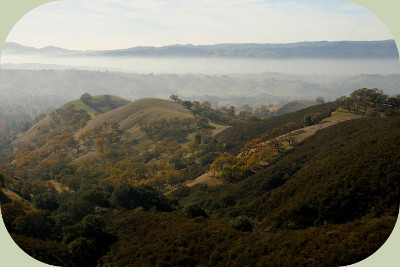
What do coyotes eat?
Coyotes are technically known as carnivores, meaning meat-eaters. Although, they have a very flexible in their diet and will eat: rabbits, small rodents, ground birds, fish, frogs, snakes, lizards, invertebrates, carrion, fruits and nuts. Coyotes in urban and suburban areas often also scavenge human refuse such as garbage as well as occasionally eat small pets such as cats and small dogs. Good coyote habitat will include a wide variety of food sources that area available throughout the year. Like many animals, coyotes take advantage of what is seasonally abundant such as blackberries in late summer, apples in the fall, young rabbits or other small animals in early summer.
Be More Prepared For Your Next Outdoor Adventure!
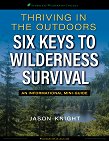
Don't leave without knowing these six essential survival skills. Our free survival mini guide reveals the strategies of:
- Shelter & fire to prevent the number one cause of death
- Obtaining clean water to avoid life-threatening dehydration
- Common wild survival foods and other critical skills!

What makes coyotes so adaptable?
Some of the reasons coyotes might be so adaptable are: their willingness to eat just about anything and their very keen senses of smell, hearing and eye sight. Unlike their larger cousin the gray wolf, coyotes can manage to survive in proximity to areas that have been heavily impacted by human disturbance and they can even survive among densely populated areas of human settlements given the right conditions.
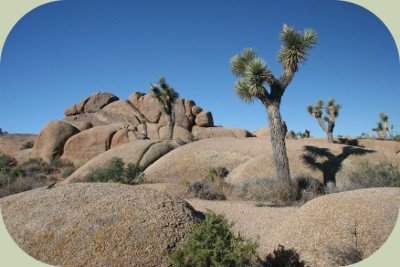
How do I know a coyote is around? Coyotes area often elusive animals, and even though there might be one living very near to you it may remain undetected. This is especially true in areas where coyotes are persecuted as nuisance animals. One excellent way to recognize their presence is to learn to recognize their tracks and sign. For more information on this, please check out: Coyote Tracks Article.
By the way, when you're out tracking or looking for wild animals, it's important to know how to stay safe in the outdoors, especially if you were to get lost. Right now you can get a free copy of our mini survival guide here, where you'll discover six key strategies for outdoor emergencies, plus often-overlooked survival tips.
Additional Resources:
Further Resources:
For further training in how to recognize the tracks and sign of coyotes and other wildlife, please check out: Wildlife Tracking Courses.
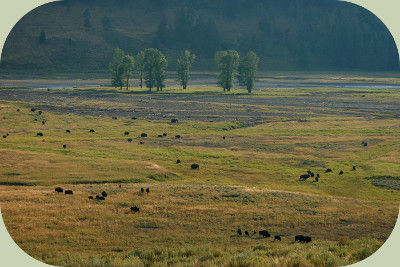

About the Author: Filip Tkaczyk is a periodic guest teacher at Alderleaf. He also wrote the field guide Tracks & Sign of Reptiles & Amphibians. Learn more about Filip Tkaczyk.
Return from Coyote Habitat back to Wildlife Tracking Articles
Is The Essential Wilderness Survival Skills Course Right for You? Take the "Online Survival Training Readiness" Quiz
See for yourself if this eye-opening course is a good fit for you. It takes just a few minutes! Get your Survival Training Readiness Score Now!

Grow Your Outdoor Skills! Get monthly updates on new wilderness skills, upcoming courses, and special opportunities. Join the free Alderleaf eNews and as a welcome gift you'll get a copy of our Mini Survival Guide.

 The Six Keys to Survival: Get a free copy of our survival mini-guide and monthly tips!
The Six Keys to Survival: Get a free copy of our survival mini-guide and monthly tips!
Learn more